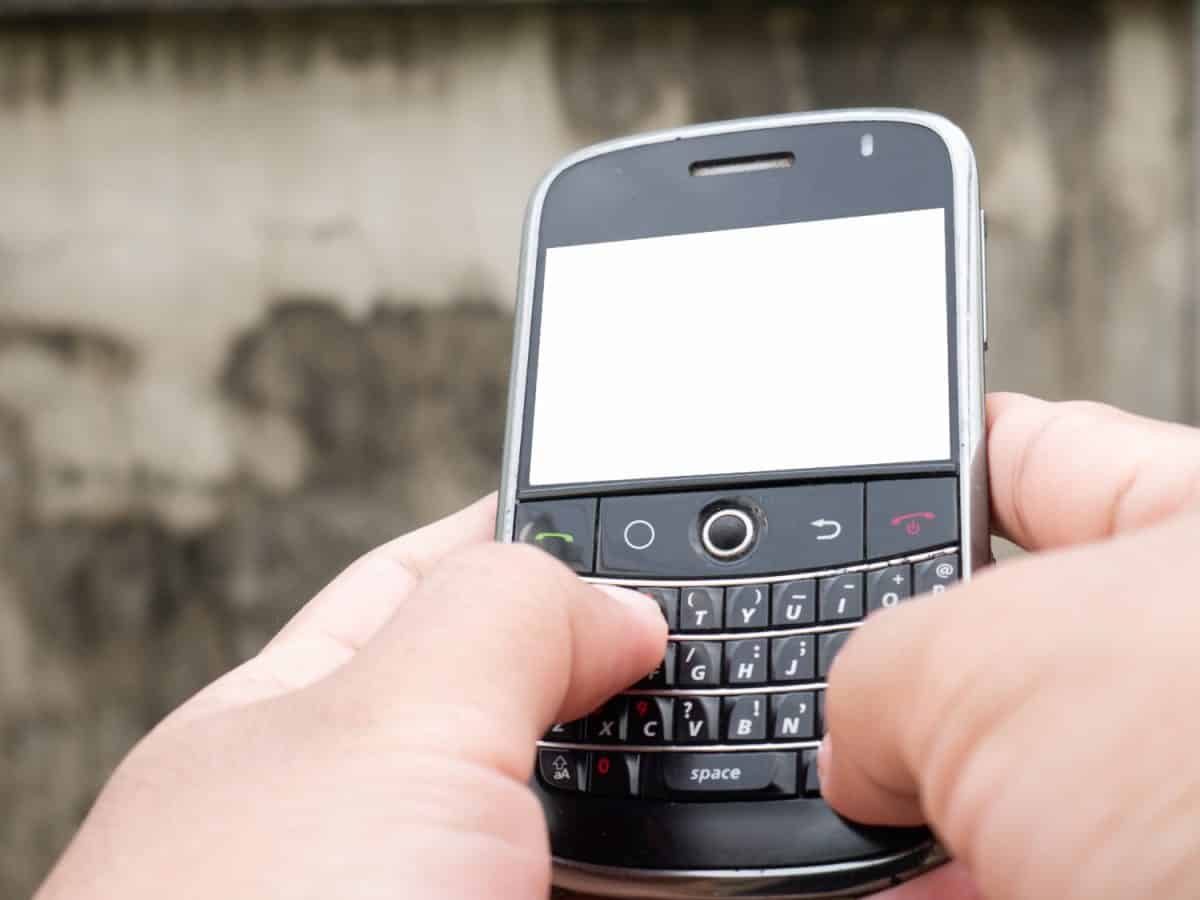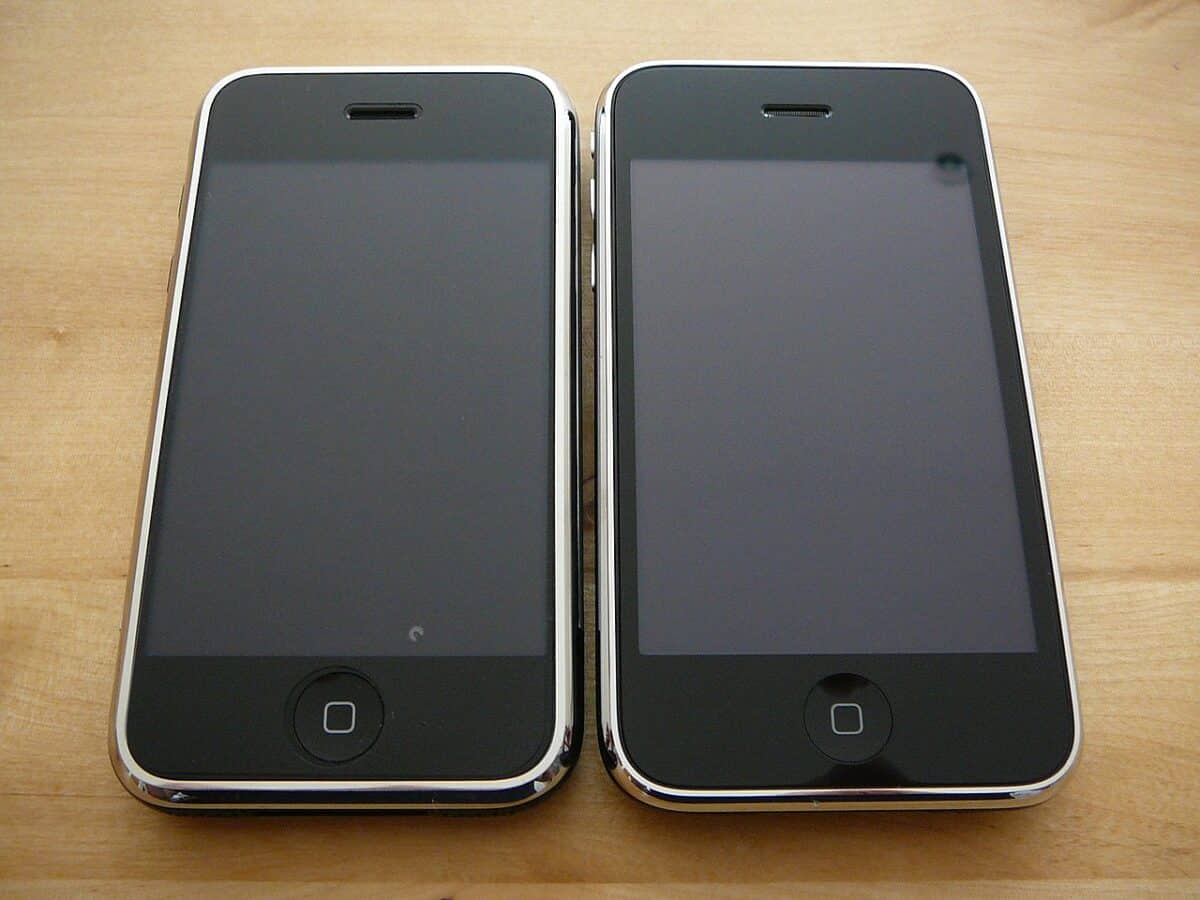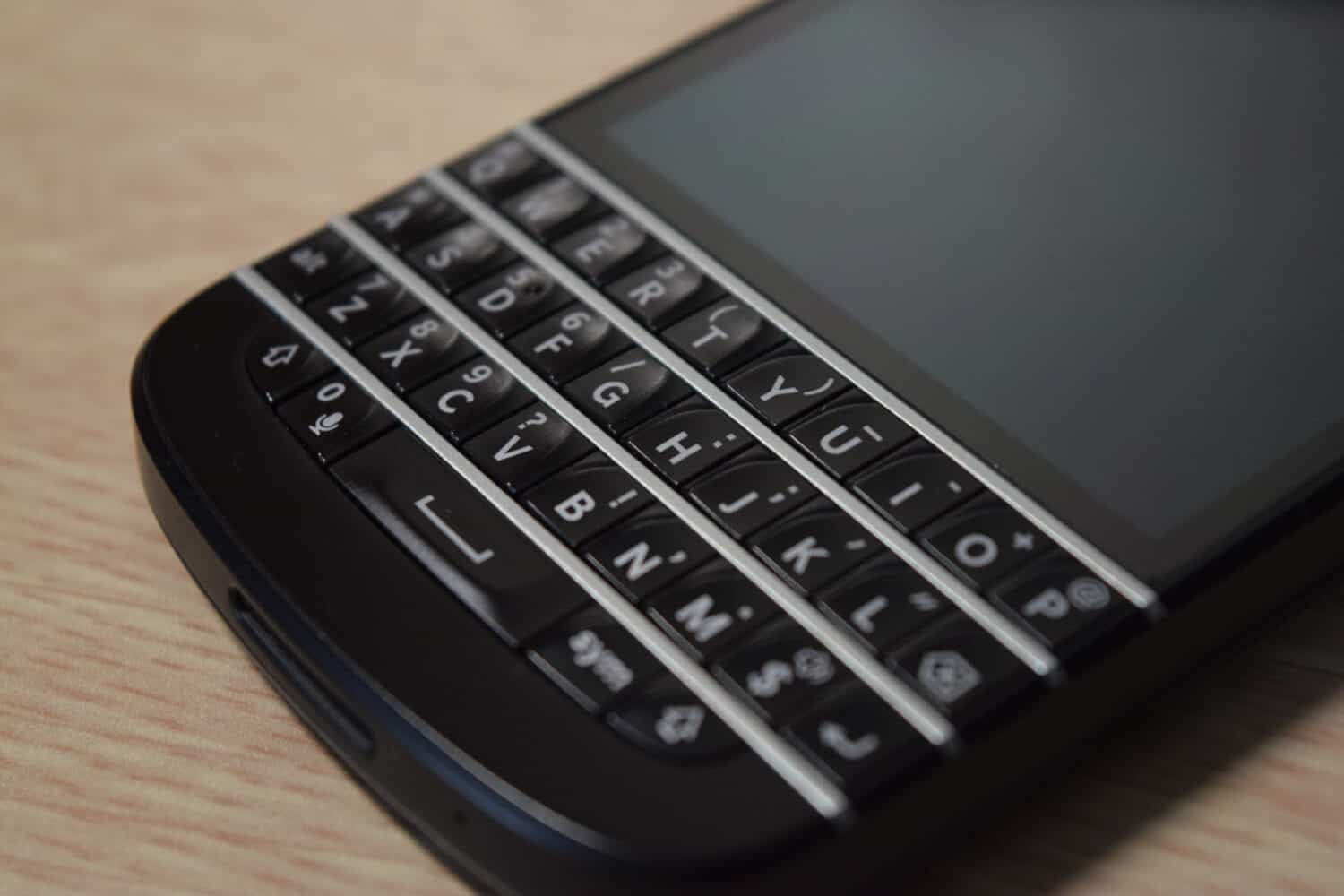Years before Android and Apple dominated the smartphone game, BlackBerry was already a household name. The company that essentially introduced the world to the idea of reliable mobile email, BlackBerry, was at the peak of the smartphone world for many years. Having a BlackBerry was akin to sitting at the “cool kids” lunch table, as having one meant you were someone.
The lure of the device was so strong that even Madonna was rumored to have slept with her BlackBerry underneath her pillow. Unfortunately, the days of corporate titans, celebrities, and soccer moms being addicted to their BlackBerry devices couldn’t last forever. To be fair, when was the last time anyone thought about BlackBerry?
Ultimately, BlackBerry’s success was its downfall as the company’s unwillingness to move away from its staple features left it open to competitors like Android and the iPhone, who gave customers an entirely new way to use the smartphone.
Research in Motion
Before “BlackBerry” was a thing, the company, founded in 1984, was known as Research in Motion. The company flailed around for the next decade, working on wireless connectivity products, but it ultimately found its calling in developing pagers, which began in 1996.
BlackBerry Launches Its First Phone
While the company’s pagers found initial success in the corporate world, it wasn’t until the first phone launch in 1999 that BlackBerry became a household name. Almost immediately, owning a BlackBerry was an “it” thing, and not having one meant something to those who did.
The “It” Device

Fast-forward a few years, and the BlackBerry world had become so explosive that the device was nicknamed “CrackBerry” because of how addictive its QWERTY keyboard can be for its owner. Of course, things got even more exciting when BlackBerry introduced its Messenger service, known as BBM, to the world in 2005. For the next two years, BlackBerry could do no wrong.
The iPhone
Unfortunately, even passionate BlackBerry owners would be swayed by the introduction of the iPhone in 2007. When Steve Jobs stood on stage and called the iPhone a “revolutionary product” that would change the smartphone world, nobody knew just how accurate his prediction would be.
BlackBerry Messenger
Of course, BlackBerry had plenty of advantages at the time of the iPhone launch. BlackBerry Messenger was outrageously popular, the iPhone wasn’t designed for corporate and or enterprise use, and its battery life was below average at best. However, Apple quickly looked to make the iPhone attractive to corporations, with the iPhone replacing the Blackberry as the ultimate symbol of cool.
Ultimately, BlackBerry’s biggest hurdle arrived with the introduction of the App Store. Taking the iPhone from a phone that could do email and music to having thousands of games, social media platforms, and productivity apps, it was slowly becoming Apple’s world.
Record Sales
Interestingly enough, BlackBerry didn’t show many signs of slowing down for a while. In fact, before the launch of the iPhone, the company recorded a 66% boost in sales in April 2007. Sadly, cracks started to form in the BlackBerry foundation. By every standard, the iPhone should have failed, bringing AT&T’s network down with it, but for some magical reason, it didn’t.
Blackberry’s Rapid Decline
Apple’s Goes Big

With Apple seeing big sales numbers almost immediately with the iPhone and Google countering with Android to quick success, BlackBerry’s future was writing on the wall. Perhaps the most important reason is that the company failed to innovate. From 2008 onward, the smartphone and mobile industry saw a rapid change with app stores, touchscreens, and new features, all of which Blackberry was slow to adopt.
The Torch Has No Fire
By the time BlackBerry launched its first real competitor to the iPhone, the Torch, it was too late. The phone was so poorly received that BlackBerry had to compensate Verizon for poor sales. Its touchscreen was unlike Apple’s, and customers returned it en masse as almost every one of the first million devices shipped had to be replaced.
Google Goes Global
Another major hurdle for Blackberry was that its leadership team was under fire due to an options scandal in 2009. As a result, the company’s two CO-CEOs were feuding at the exact time the company needed strong leadership. With the cracks forming in the RIM world, Google saw an opening and decided instead of making a phone, it would license its Android software. By 2010, Android was the top-selling smartphone operating system in the world.
Perhaps the biggest obstacle for BlackBerry during Apple and Android’s success was its terrible operating system. The easier and better-looking OSes of Android and Apple led to major sales drops for BlackBerry in the US, with its market share dropping to 3% at Verizon, 22% at Sprint, and 18% at T-Mobile.
In addition to its concerns about adding 4G connectivity, which it was very late to include, BlackBerry was stubborn about dropping the prices of its devices. By not dropping prices, it opened the door for cheap Android phones that were flooding the market.
Game Over
This was arguably the final nail in BlackBerry’s coffin, as even its international support couldn’t save this one-time tech titan. Beginning in 2011, sales started to fall rapidly, and by 2016, only 23 million people had BlackBerry smartphones. By comparison, Apple sold 75 million iPhone devices in 2016 alone.
The image featured at the top of this post is ©C_myeong/Shutterstock.com.

